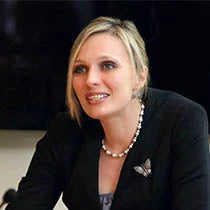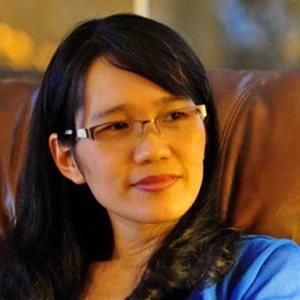
Vietnam has a vision. By 2035, it aspires to become a prosperous, creative, equitable and democratic nation. Achieving this ambitious goal has set Vietnam on a path of transformation on multiple fronts – economic, social, and political.
At the core of this transformation is the re-orientation of the state’s role in economic management. This requires adapting Vietnam’s economic governance so that the state becomes a skilled facilitator of three types of relationships: among government agencies, between the state and market, and between the state and citizens.
Not too long ago, Malaysia walked in Vietnam’s shoes, implementing its own wide-ranging transformation. In 2009, Malaysia embarked on the National Transformation Program (NTP) that included focus on both government and economic transformations. Malaysia had also adopted good practices that simplified regulations, which made it easier for firms to interact with the state.
Through the international conference on “Economic Governance for a Facilitating State,” jointly organized by the Government of Vietnam and the World Bank in Hanoi earlier this month, Malaysian officials shared their experience to contribute toward Vietnam 2035 aspirations. These lessons focused on strengthening institutions so they can facilitate better development outcomes.
Here are some lessons that Malaysia shared with Vietnam:
- Coordinating interactions between agencies from the Prime Minister’s Department improved policy implementation in Malaysia. Although the NTP was implemented by line ministries and agencies, it was coordinated and rigorously monitored by the Prime Minister’s Performance Management and Delivery Unit (PEMANDU). Coordination of the NTP from the center of government raised the profile of these initiatives and increased stakes in their successes.
- Malaysia’s transformation program had a manageable number of high-level priorities, which were broken down into detailed tasks. PEMANDU then helped the implementing ministries create implementation routines with deadlines, assigned responsibilities and measurable performance indicators. The importance of this lesson was emphasized at the conference by Ku Kok Peng, Executive Vice President of PEMANDU, who said that transformational leaders are ruthless about prioritization and executing it through the discipline of action. Driving this process from the Prime Minister’s Department, he relies on ministries, departments and agencies to implement the NTP, which in turn creates commitment, coordination and collaboration among government agencies to deliver the outcomes to citizens.
- Malaysia’s government worked closely with business leaders to improve the regulatory environment. Malaysia enabled effective interactions between the government and businesses through a joint task force called PEMUDAH, a Malay acronym for “Special Taskforce to Facilitate Business” that took charge of the regulatory reform. Made up of government and business captains, PEMUDAH has helped re-engineer business processes and reduce the steps required to provide licenses and business permits. Dato’ Latif Abdul Abu Seman, Deputy Director General of the Malaysia Productivity Corporation, spoke passionately at the conference about how this process has helped businesses focus on productive activities rather than spend time on filling forms.
These lessons resonated with the Vietnamese counterparts, who requested follow-up briefings on both PEMANDU and PEMUDAH’s experiences. The participation of the Malaysian officials at the Vietnam 2035 conference was facilitated by the World Bank Group Global Knowledge and Research Hub in Malaysia. One of the key roles of the Hub is to analyze, curate, and distill the elements of Malaysia’s experience that can serve as valuable lessons for other countries.
The Hub has recently completed an assessment of Malaysia’s experience with PEMANDU and is embarking on an assessment of Malaysia’s adoption of good regulatory practices, including PEMUDAH. We look forward to working closely together with the World Bank Vietnam country office in Hanoi and further sharing the Malaysian experience to aid Vietnam in its path toward achieving its 2035 aspirations.



Join the Conversation